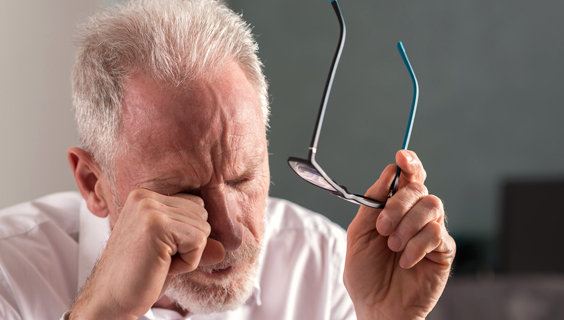Fatigue — that feeling of tiredness, low energy, and difficulty thinking clearly and reacting quickly — is a common complaint. Fortunately, no matter what your age, it’s a complaint that you can usually resolve by incorporating a few proven pick-me-ups into your daily routine.
Eating Carbs
Carbohydrates are the top source of fuel for your brain, muscles, and organs, according to the U.S. National Library of Medicine. So it’s no surprise that eating too few carbs can leave you longing for a nap. Yet eating too many of the wrong carbs — the so-called “simple” carbs in candy, pastries, soda, sweetened cereal, white bread, and white rice — can actually make you feel run-down.
Staying more active
It may seem counterintuitive, but when you’re barely able to drag yourself out of bed, being more active can decrease your fatigue by 65 percent. Exercise increases your heart rate and dilates blood vessels, increasing the flow of blood to your muscles and brain so that they get oxygen and fuel.
Staying hydrated
Being even a little bit dehydrated can make you feel sluggish, blue, and headachy. And while most folks recognize thirst, dry lips, and a dry tongue as signs of dehydration, most folks do not recognize fatigue, lack of focus, and muscle weakness as symptoms. When you become dehydrated, your blood volume decreases, making it harder to provide all the cells of your body with nutrients and oxygen. The more dehydrated you are, the more impaired all of the systems in your body become and the more sluggish you feel. To restore your energy Make it a point to drink fluids throughout the day. Plain water is the best choice since it contains zero calories, which can help with weight management. But juice, coffee, tea, and water-rich foods, such as celery, tomatoes, watermelon, and soup also count.
Enough sleep
Most adults require at least seven hours of shut-eye every night to recharge their batteries, according to the CDC. Go to bed and wake up at the same time every day. This helps automatically shift your body into sleep mode by regulating your internal body clock. And, yes, you should stick to the same sleep schedule on weekends, too. Avoid large or spicy meals for two to three hours before going to bed. Discomfort due to indigestion or heartburn can make falling asleep and staying asleep more difficult.
Shut off disruptive electronic devices an hour before bed. A particular type of light that emanates from laptops, tablets, cell phones, and some television sets can activate the brain and make it harder to fall sleep. If you’re still having sleep problems, consider asking your doctor about taking a short course of prescription sleeping pills to help you reestablish normal sleep patterns. Be sure to discuss the risks and side effects of long-term use of these medications.
©2021. All rights protected. Florida marketing center, Florida, USA.


